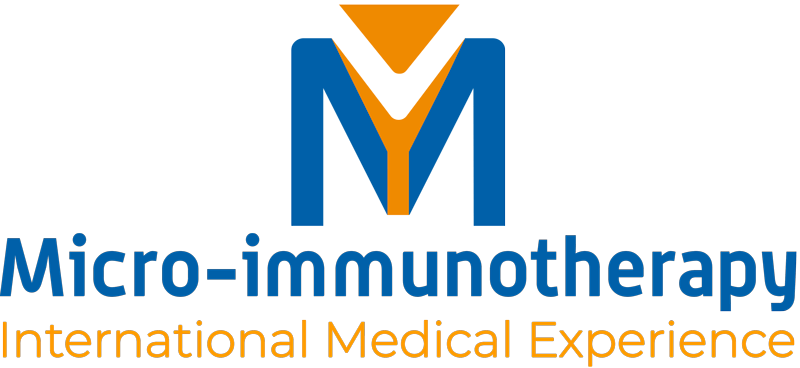Micro-immunotherapy & Dermatology

The skin is the largest organ of the human body. It is the point of contact between the body and the outside world and fulfills numerous important functions: it acts as a protective barrier against harmful external aggressions, is responsible for temperature regulation, transmits sense stimuli, and even possesses immunological functions influenced by the skin flora. 1,2
There are different aspects that affect skin functionality, including genetics or environmental factors, among others, and that make the body more prone to illness. Furthermore, liver and intestinal disorders (such as intestinal dysbiosis) can have a negative effect on skin function. An alteration or deficiency of the immune system can lead to numerous skin disorders.
These include:
- Inflammatory, autoimmune and chronic diseases (e.g. atopic dermatitis, psoriasis, scleroderma, alopecia areata, vitiligo, skin cancer, etc.)
- Infections (e.g., chickenpox, shingles, cold sores and genital warts, papillomavirus, Lyme disease…)
- Allergies (e.g., allergic dermatitis)
- Skin aging
Therapeutic strategies applied for skin disorders should therefore not only take into account the symptoms, but also the underlying immune deficiencies and factors involved that sustain these disorders. These include, for example, stress, inflammation and infection.
Micro-immunotherapy eliminates possible sources of irritation for the immune system and restores the balance of misdirected immune processes.
- Belkaid Y, Segre JA. Dialogue between skin microbiota and immunity. Science 346: 954- 959, 2014
- Castrillon Rivera LE, Palma Ramos A y Padilla Desgarennes C. La función inmunológica de la piel. Dermatologia Rev Mex 52: 211- 24, 2008
- Dogra S, Jindal, R. Cutaneous Manifestations of Common Liver Diseases. Journal of Clinical and Experimental Hepatology. 2011;1(3):177-184.
- Vaughn A et al. Skin-gut axis: The relationship between intestinal bacteria and skin health. World Journal of Dermatology. 2017; 6(4):52-58.
Discover more about Dermatology and micro-immunotherapy

